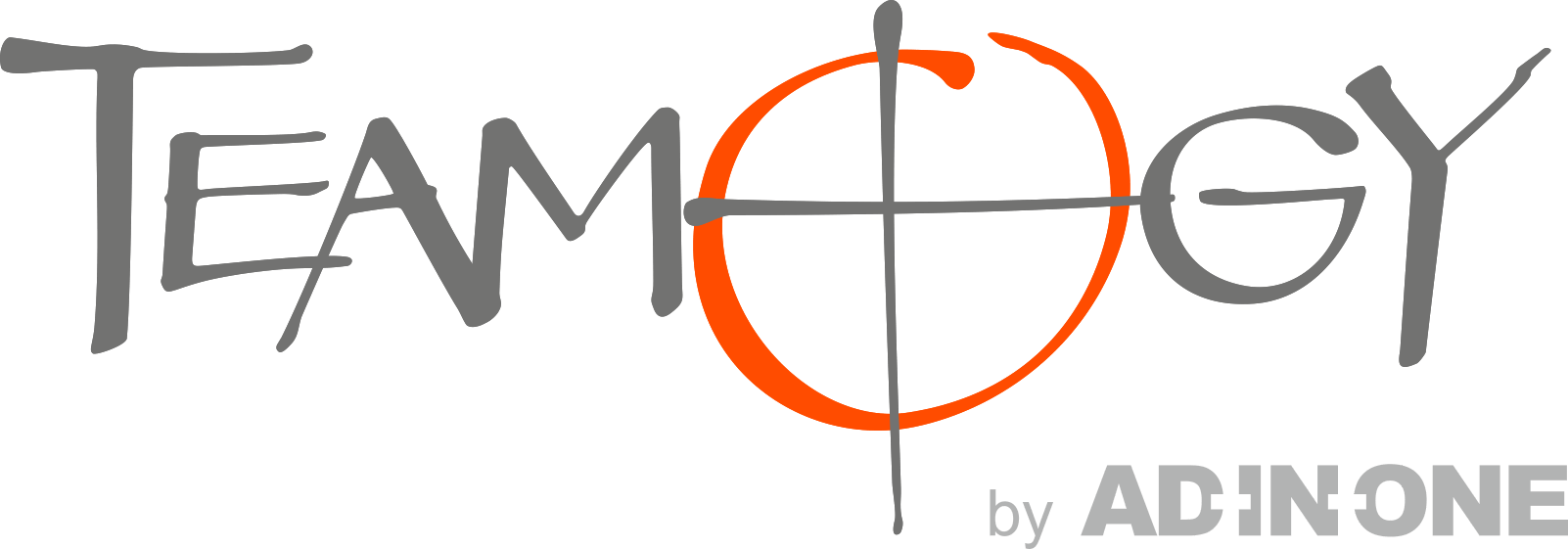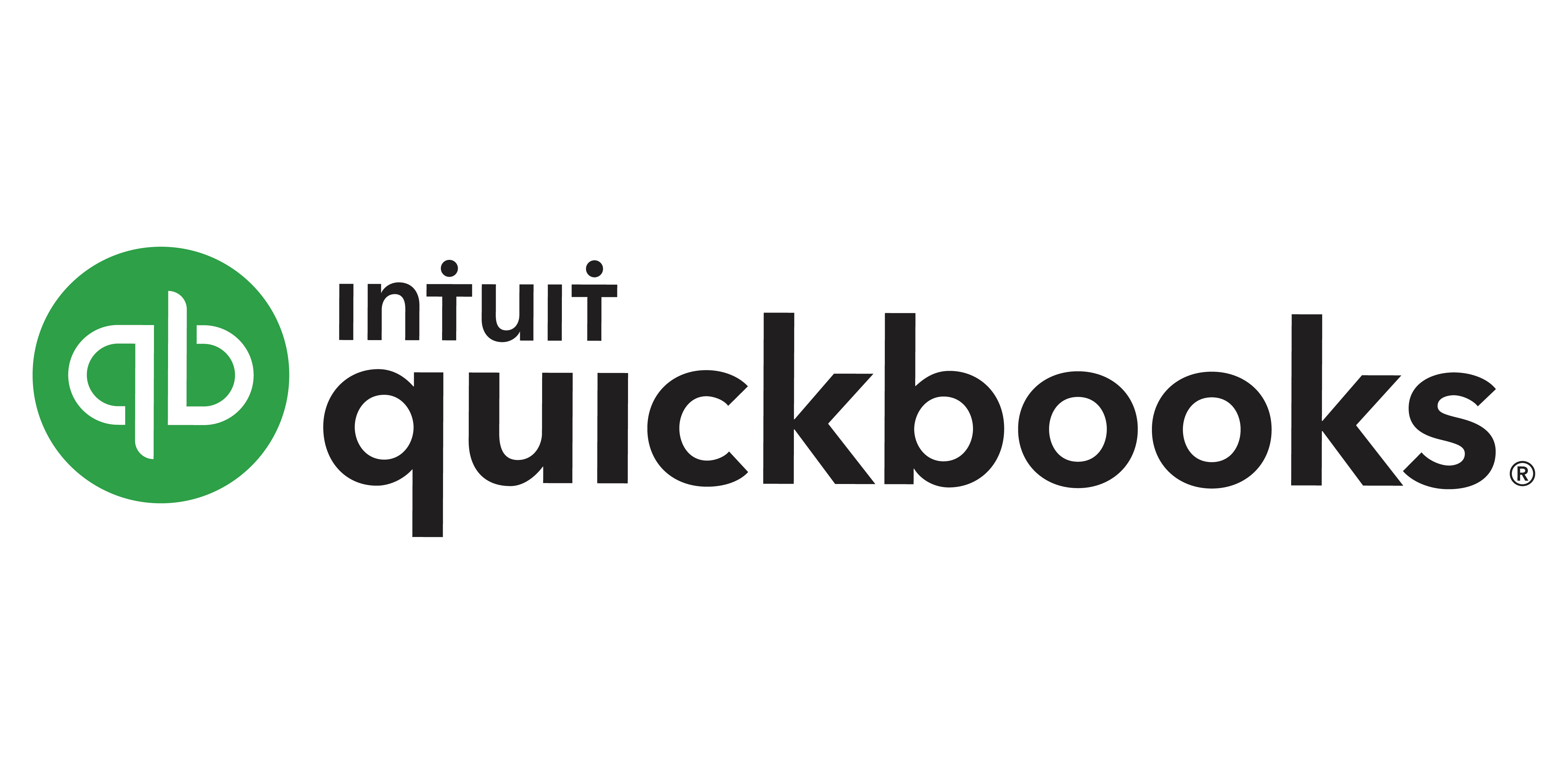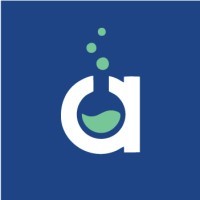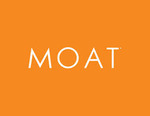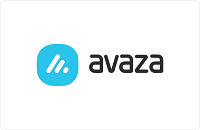What Is Advertising Agency Software?
Advertising Agency Software is a strong digital solution that helps advertising companies manage and optimize ad campaigns for their clients. This sort of software automates the process of developing, monitoring, and tracking advertisements across several platforms, including social media, search engines, and display networks.
One of the primary responsibilities of Advertising Agency Software is the ability to create and manage ad campaigns. This includes creating creative materials, establishing campaign objectives and budgets, targeting specific audiences, and arranging ad placements. Features such as drag-and-drop ad editors, customisable templates, and campaign management dashboards help to streamline and organize the process.
In addition to campaign creation, Advertising Agency Software provides extensive analytics and reporting tools. These solutions enable agencies to monitor the performance of their advertisements in real time and make data-driven decisions to boost campaign success. From click-through rates to conversions, these metrics provide crucial information about the performance of advertising campaigns.
Aside from managing ad campaigns, this program also helps with customer administration. It often comprises project management, communication, and collaboration tools, allowing agencies to communicate and collaborate more efficiently with their clients. This ensures a smooth workflow and open communication between the agency and its clients.
Another critical feature of Advertising Agency Software is its compatibility with numerous advertising platforms and tools. This enables smooth data syncing and easy access to numerous platforms, saving time and effort when switching between them. With the development of digital advertising, having Advertising Agency Software is critical for agencies to remain competitive and maximize ROI for their clients. It saves time, increases ad performance, and fosters teamwork, making it an excellent investment for any advertising agency.
What Are the Recent Trends in Advertising Agency Software?
The advertising industry is continually changing, necessitating the development of efficient and effective agency software. To flourish in a highly competitive market, advertising firms must stay current with technological advancements and changes in consumer behavior.
In this buyer's guide, we will look at current trends in advertising agency software to help you make an informed decision about which software is best for your business.
1. AI Integration: In recent years, artificial intelligence (AI) has made its way into a variety of businesses, including advertising. AI-powered software can analyze enormous volumes of data, expedite procedures, and deliver useful insights to improve advertising efforts. Advertising agency software now includes AI capabilities such as tailored messaging, automated ad buying, and data-driven decision-making, making it a must-have tool for agencies aiming to improve efficiency and effectiveness.
2. Cross-Platform and Cross-Device Capabilities: With the proliferation of devices and platforms, the demand for advertising across different mediums has grown. Modern advertising agency software enables agencies to build and manage campaigns across numerous devices and platforms, including mobile, desktop, and social media. This saves time and work while also ensuring that the advertising message reaches a larger audience.
3. Real-Time Data Tracking and Analytics: Gone are the days of waiting weeks or even months to assess the success of an advertising campaign. Advertising agency software now includes real-time data tracking and analytics, allowing agencies to track the effectiveness of their campaigns in real time. This allows businesses to make fast changes and improvements to improve the efficacy of their advertising.
4. Increased Focus on Data Privacy and Security: As data privacy and security concerns grow, advertising firms must verify that their software complies with legislation such as GDPR and CCPA. Recent trends in advertising agency software indicate an increased emphasis on data privacy and security, with capabilities like data encryption, user access controls, and safe storage becoming common offers.
5. Collaboration and Workflow Management: Collaboration is essential in the fast-paced world of advertising. That is why recent advancements in advertising agency software have centered on improving collaboration and workflow management capabilities. With capabilities like shared calendars, task management, and file sharing, advertising agency software enables teams to collaborate smoothly, resulting in more efficient and productive campaigns.
Benefits of Using Advertising Agency Software
Advertising agency software is a critical tool for streamlining and controlling the entire advertising process from beginning to end. It provides a number of advantages to assist advertising companies operate more efficiently and effectively.
In this buyer's guide, we'll go over the top benefits of using advertising agency software to help you make an informed decision when selecting the proper software for your business.
1. Streamlines project management: One of the primary advantages of adopting advertising agency software is the ability to expedite project administration. This software provides a centralized platform for team collaboration, work tracking, and project progress monitoring. It also promotes greater communication and transparency among team members, lowering the likelihood of miscommunication and errors in the project.
2. Effective client communication: Client communication is critical in the advertising industry, and software may significantly improve it. Real-time chat allows clients to easily engage with their agency and provide input on projects. This removes the need for numerous back-and-forth emails and ensures timely responses, resulting in higher overall client satisfaction.
3. Coordinates campaigns and assets: Advertising agency software allows you to effortlessly organize and manage all of your campaigns and assets, making them easier to find and reuse in future projects. This not only saves time, but also guarantees that branding and messaging remain consistent throughout campaigns.
4. Data Analysis & Reporting: Advertising agency software includes built-in analytics and reporting features, allowing you to track campaign performance and success. With these insights, you can make informed decisions about future ads and alter your plans to increase ROI.
5. Simplifies: Invoicing & billing The program streamlines the invoicing and billing process, allowing agencies to better track spending, bill clients, and retain financial records. Additionally, it provides configurable templates that can be adjusted to your agency's specific invoicing requirements.
6. Improves productivity and efficiency: Advertising agency software improves productivity and efficiency by automating repetitive operations and providing a centralized collaboration platform. This allows team members to devote more time to creative and strategic work, resulting in higher quality and faster project delivery.
Important Factors to Consider While Purchasing Advertising Agency Software?
"Advertising Agency Software has evolved into a vital tool for agencies looking to streamline and enhance their operations. With so many options on the market, it can be difficult for customers to find the best software for their agency's needs. To ensure you make an informed selection.
Here are some crucial aspects to consider while selecting Advertising Agency Software.
1. Agency Needs: The first and most important stage is to determine your agency's unique requirements. Every agency functions differently, therefore it's critical to determine the important features and functionalities needed to achieve your goals. This can help you restrict your selections and make it easier to select the program that best meets your agency's needs.
2. Budget: Software is a substantial investment for any agency, therefore you must have a clear idea of your budget before making a purchase. Consider not only the original cost, but also the continuing expenditures for maintenance, upgrades, and support. It is best to choose software that has a flexible price strategy that can scale with your agency's growth.
3. User-friendly Interface: It is critical to select an intuitive and user-friendly interface that your team can quickly adjust to. Complicated and unwieldy software can be inefficient and disrupt your agency's workflow. Choose a software with a basic yet powerful interface that all team members can readily navigate.
4. Integration Capabilities: Advertising Agency Software works best when it smoothly integrates with your existing systems and resources. Consider the software's compatibility with your agency's current applications to guarantee a smooth transition and minimize disruptions to your operations.
5. Data Management and Reporting: Analytics and reporting tools are essential for tracking and measuring the effectiveness of your advertising initiatives. Look for software that provides powerful data management and reporting features to help you obtain useful insights and make data-driven decisions.
6. Security and Support: As data breaches and cyber threats increase, it is vital to select software that prioritizes security. Ensure that the software includes advanced security features such as data encryption and regular backups. Additionally, choose a software that provides dependable customer assistance to address any technological issues that may emerge.
What Are the Key Features to Look for in Advertising Agency Software?
When it comes to selecting the best advertising agency software, several crucial features must be examined. These elements have the potential to significantly improve an advertising agency's efficiency, production, and success.
Here are the top features that a buyer should look for while choosing advertising agency software:
1. Campaign Management: One of the most significant aspects of advertising agency software is the capacity to properly manage campaigns. This provides tools for developing and scheduling campaigns, monitoring performance, and tracking results. Look for software with an easy-to-use interface and the ability to customize campaigns to meet the agency's specific demands.
2. Client Management: Client management is a critical component of establishing an advertising business. Client profiles, contact information, and communication tools are all aspects that should be included in the correct program. This will help the agency and its clients communicate and collaborate more efficiently.
3. Analytics and Reporting: To assess the effectiveness of advertising campaigns, the software should provide comprehensive analytics and reporting features. These tools should monitor critical performance indicators such as conversion rates, click-through rates, and return on investment. Furthermore, the software should be capable of creating configurable reports that can be shared with clients to demonstrate the agency's effectiveness.
4. Collaboration and Project Management: Advertising agency software should allow team members to collaborate seamlessly while also streamlining project management. This provides capabilities like task management, project calendars, and file sharing. A well-designed project management system can help teams work more efficiently and execute campaigns on schedule.
5. Media Planning and Buying: Agencies that manage media planning and buying must select software that includes this functionality. This feature should contain a media planner that gives statistics on various media channels, as well as a media buying tool that allows users to buy ad space and manage contracts within the software.
6. Integration: To increase overall efficiency, the software should be compatible with other technologies typically used in the advertising sector. This covers widely used social media sites, email marketing software, and graphic design tools. Integrations will allow for easy data transfer and streamline workflow operations.
Why Do Businesses Need Advertising Agency Software?
In today's digital age, advertising has become an essential tool for businesses to reach their target audience and stand out in a competitive market. To make the most of their advertising efforts, firms require the support of advertising agency software. Advertising agency software is a comprehensive toolkit that enables organizations to manage their advertising campaigns and streamline their marketing strategy. It provides a variety of features and tools that help firms plan, execute, and monitor their advertising campaigns successfully.
Let's look at some of the main reasons why organizations need advertising agency software.
1. Efficient Campaign Management: Using advertising agency software, organizations can plan and manage many campaigns at once. This includes developing ads, allocating resources, targeting certain populations, and scheduling campaigns. Businesses can save time and work by combining all of these features in one spot, resulting in a smooth and coordinated campaign implementation.
2. Collaboration and Communication: Advertising requires collaboration and communication among multiple teams, including creatives, account managers, and clients. Advertising agency software provides a single platform for teams to collaborate and exchange ideas, feedback, and progress updates. This improves communication and fosters teamwork, resulting in greater campaign outcomes.
3. Data Tracking and Analysis: One of the most important features of advertising agency software is the capacity to track and analyze data. Businesses may track the performance of their advertisements in real time and gain insights into the effectiveness of their campaigns. This enables them to make data-driven decisions and tailor their advertising campaigns for optimal impact.
4. Cost-Effective Solution: While investing in advertising agency software may appear to be an extra cost, it can ultimately save firms money. Businesses can increase efficiency and lower costs by automating operations and streamlining processes used to manage advertising campaigns.
5. Customization and Personalization: Each firm has distinct advertising requirements, and advertising agency software allows you to adapt and personalize campaigns accordingly. Businesses may maximise the impact of their content by targeting certain audiences and customizing adverts to multiple platforms and mediums.
How Much Time Is Required to Implement Advertising Agency Software?
Implementing advertising agency software might differ depending on a number of criteria, including the exact features required, the size of the agency, and the level of customization necessary. The implementation procedure can last anything from a few weeks to many months. The first step in installing advertising agency software is to determine your agency's specific requirements and goals.
This includes identifying the important features and functionality required for your agency's operations. It is also critical to consult all essential stakeholders in this phase to guarantee that the software fits everyone's requirements. After selecting the program, the following step is to modify and personalize it to meet your agency's requirements. This can include creating user accounts, integrating with existing systems, and customizing workflows.
This can take anything from a few days to a few weeks, depending on the intricacy of the software and your agency's specific needs. Following the initial setup, training is an important part of adopting agency software. This includes teaching your team how to utilize the software and its capabilities efficiently. The amount of time necessary for training varies depending on the size of your staff and their experience with similar systems.
Finally, data migration and integration can be the most time-consuming aspects of the implementation process. This entails transferring data from your old systems to the new software, ensuring that everything is properly synchronized and integrated. The time necessary for this stage varies greatly depending on the amount of data and the complexity of the systems involved.
What Is the Level of Customization Available in Advertising Agency Software?
When it comes to advertising agency software, one common question is: how much customization can be expected? The answer to this question varies widely depending on the software under consideration, but in general, there are a few crucial elements to remember. First and foremost, it is critical to recognize that customization possibilities might vary from modest to vast.
Some software may have limited customization options, but others may allow for extensive customizing to meet an agency's specific needs and preferences. The type of software utilized can have a significant impact on the extent of customization. For example, project management software may provide a greater degree of customisation than social media management software.
Buyers must identify their individual demands and select which aspects of customization are most critical to their agency. Specific customization options include branding and design, user rights and responsibilities, process customization, and integrations with other tools and platforms. Some applications may also allow you to customize templates and layouts for reports and presentations.
Another factor to consider is the level of technical knowledge required for customisation. Some software may feature user-friendly interfaces and drag-and-drop tools, allowing agencies with varied degrees of technical skill to tailor the software to their needs. On the other side, more complex modification may necessitate coding ability or the support of a dedicated IT staff.
It is crucial to realize that, while high levels of personalization may appear tempting, they can also result in greater expenditures and time investment. Consider which features and options are critical for your agency and prioritize them in the decision-making process.
Which Industries Can Benefit the Most from Advertising Agency Software?
Advertising Agency Software is an effective tool for improving the marketing and advertising efforts of organizations in a variety of industries. From small startups to major organizations, this software provides a range of functions that can assist businesses of any size.
In this buyer's guide, we'll go over which sectors can benefit the most from Advertising Agency Software, as well as the specific benefits it provides for each one.
1. Marketing companies: As the name implies, Advertising Agency Software is intended for marketing and advertising companies. These agencies can considerably benefit from this software because it provides a consolidated platform for managing advertising campaigns, customer accounts, and other responsibilities. With capabilities such as campaign management, campaign tracking, client communication, and reporting, this software may help marketing agencies improve their workflow and deliver better outcomes to their clients.
2. E-commerce: E-commerce companies rely heavily on internet advertising to reach their target audience and increase sales. E-commerce enterprises can use Advertising Agency Software to automate advertising campaigns, track success, and tweak them for better results. This software also includes data analytics and audience targeting features, which are critical to the success of e-commerce advertising.
3. Healthcare: The healthcare industry is extremely competitive, and advertising is critical for attracting patients and raising brand awareness. Healthcare firms can use Advertising Agency Software to efficiently manage their advertising campaigns while also ensuring compliance with healthcare standards. The software also includes medical marketing expertise and customized templates for creating effective healthcare marketing materials.
4. Real Estate: Advertising is used frequently in the real estate market to promote homes and attract possible buyers. Real estate agents can use Advertising Agency Software to manage their advertising campaigns, track leads, and produce visually appealing property listings. To help real estate organizations optimize their sales processes, the program includes capabilities including lead collecting, automated follow-ups, and website integrations.
5. Hospitality: Hotels, resorts, and other hospitality firms can all profit from Advertising Agency Software. This software can help them design customized advertising campaigns to attract visitors and improve bookings. It also includes aspects such as reputation management, email marketing, and guest data collecting, which are critical for the success of hospitality marketing.
6. Education: Universities and colleges can use Advertising Agency Software to promote their programs, events, and facilities to a larger audience. This software, which includes features such as social media integration, email marketing, and lead monitoring, can assist educational institutions increase student enrollment and brand recognition.
Conclusion
After researching and comparing several solutions, it is evident that selecting the best advertising agency software is critical for any company trying to optimize its advertising procedures and boost productivity. Throughout this buyer's guide, we've covered the key features and factors to consider when choosing advertising agency software, such as functionality, pricing, customer service, and integration capabilities.
We've also supplied information about the best software options on the market, along with their benefits and drawbacks, to help you make an informed decision. When making your final decision, consider your company's specific demands, budget, and long-term objectives. Consider organizing product demos and using free trials to gain hands-on experience with your top options.
With the proper advertising agency software, you can expect better cooperation, organization, and overall productivity from your creative team. It can also provide useful data and insights to help you refine your efforts and deliver better outcomes to your clients. Investing in the appropriate advertising agency software may be daunting, but it is an essential step toward remaining competitive in the ever-changing advertising business.
We hope this buyer's guide has given you enough information to make an informed selection when selecting advertising agency software. Best of luck on your journey to streamline your advertising procedures and achieve your business objectives.

